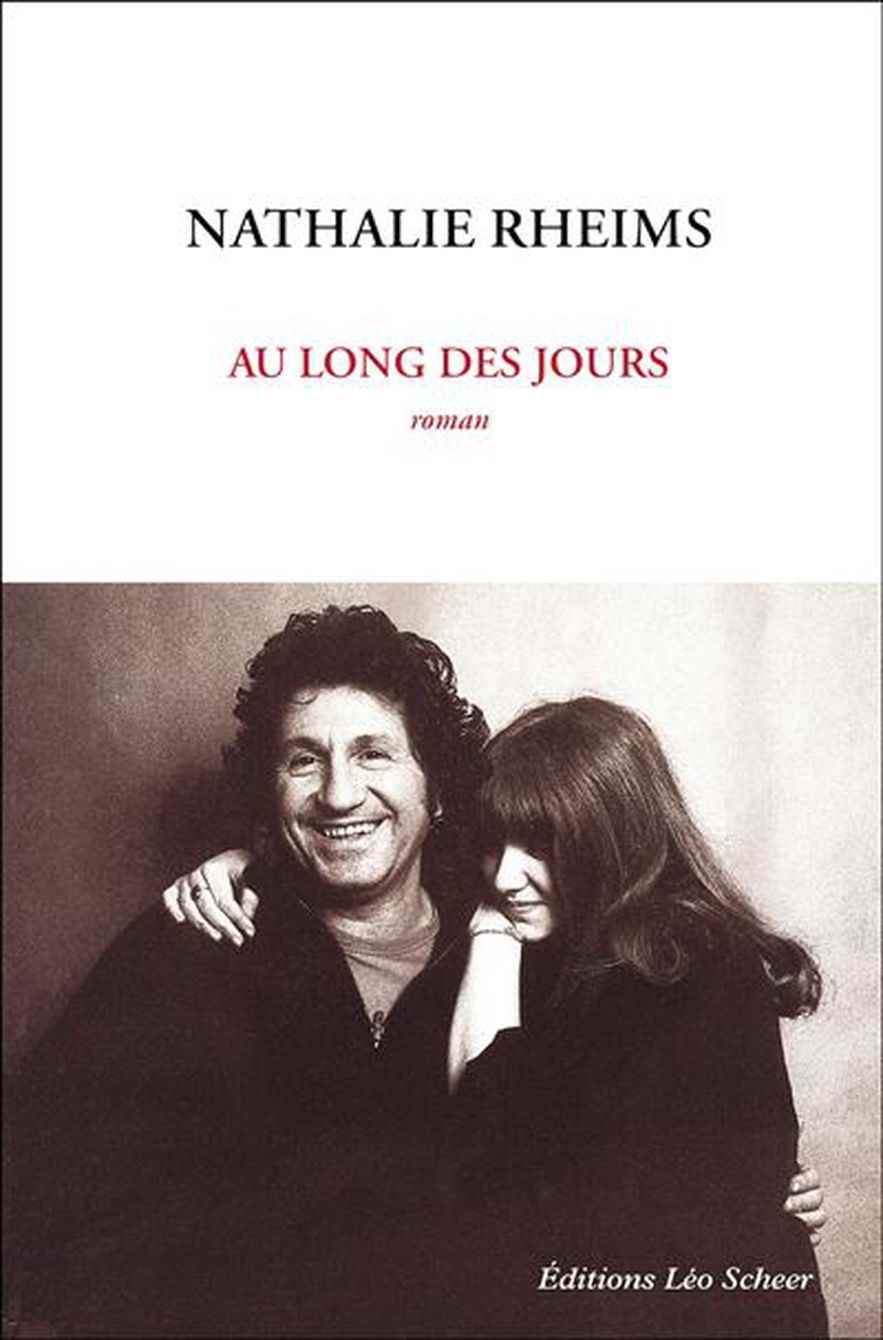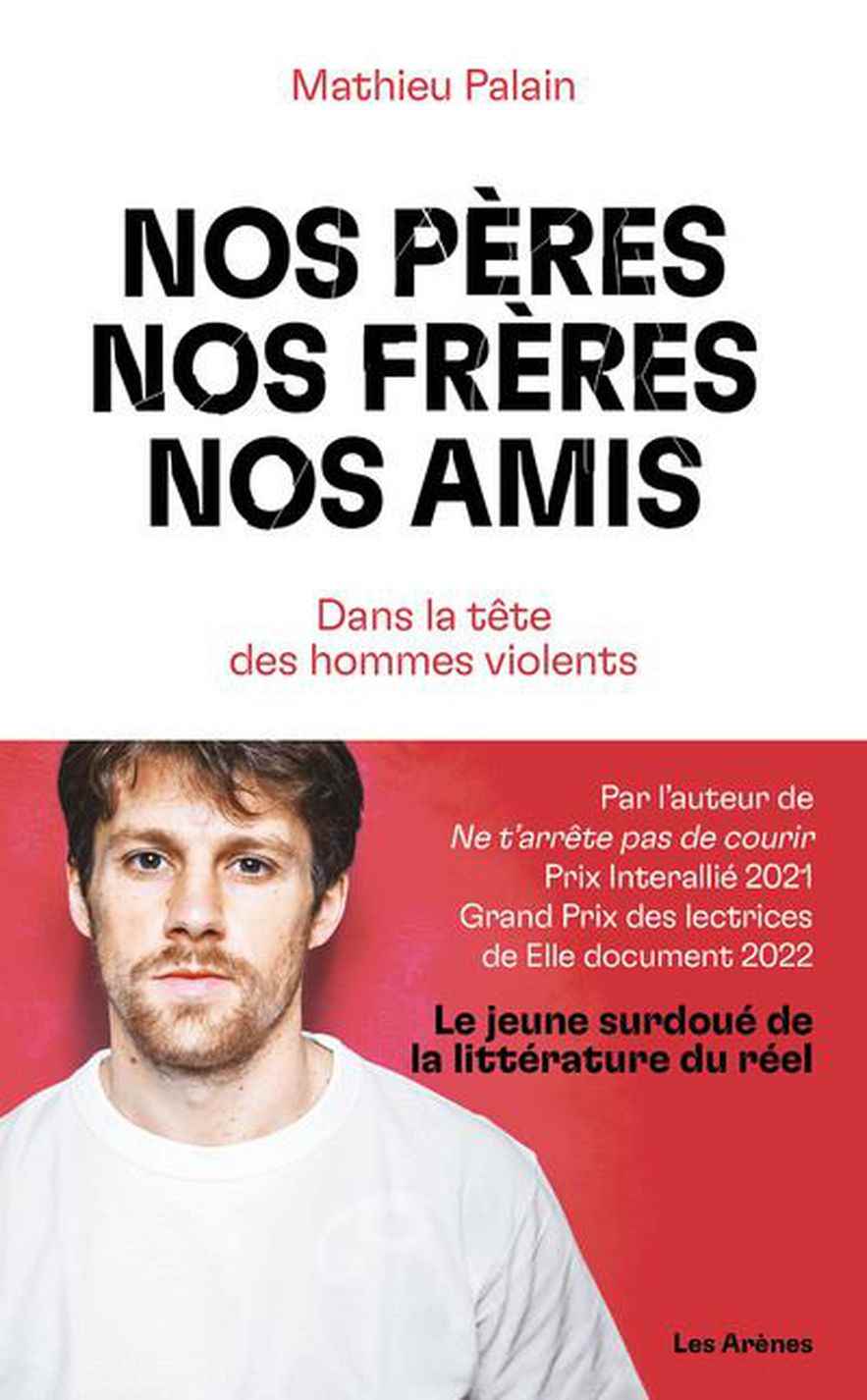Sweetness
By Etienne de Montety.
Stock, 265 pages, €20.50.
The rating of L’Express: 3/5
Softness By Etienne de Montety.
© / Stock
The Socialist Party does not have a monopoly on the rose. In Sweetness, the latest book by Etienne de Montety, a certain May de Caux is one of the best specialists of this flower. She chairs the International Rose Convention, held in a heavenly corner of Australia. It is there that she meets the narrator, a journalist by profession. She impresses him. He ran into her again by chance at the Panthéon during the transfer of the ashes of a resistance fighter who had died in Ravensbrück in 1943. The elegant May de Caux had a previous life: she too was deported to the concentration camp reserved for women, victim of the sinister Dorothea Binz. The journalist quickly senses that there is a book behind this fate. How did she recover? How did she rediscover love? Delicately, he convinces her to entrust her memories to him…
Remember that, before signing novels, Etienne de Montety published biographies. The most famous was dedicated to Honoré d’Estienne d’Orves. It is therefore not the first time that he has paid tribute to the heroes of the Resistance. To invent the character of May de Caux, he was inspired by the true story of Lily de Gerlache de Gomery. Subtly composed on the literary level, with these imaginary Memoirs whose writing we follow live, this novel strikes with its inhabited vision of this period with a thousand dark corners. Sweetness will appeal as much to readers of Giorgio Bassani as to admirers of Germaine Tillion. We did not know until then the magic power of the roses of Ravensbrück… Louis-Henri de La Rochefoucauld
Throughout the days
By Nathalie Rheims.
Editions Léo Scheer, 176 pages, €17.
The rating of L’Express: 3/5

Throughout the days By Nathalie Rheims.
© / Editions Leo Scheer
“Actually, I don’t care what hasn’t been experienced.” Proof of this is this well-kept secret since the end of the 1970s: his passionate relationship with Mouloudji. Nathalie Rheims, daughter of Maurice, famous auctioneer (died in 2003), and sister of Bettina, the eminent photographer, had given the the of his love confessions in 2015 with Place Colette, the story of his double initiation, at the age of 14, to carnal love and a passion for the theater, by a member of the Comédie-Française thirty years his senior, a novel that “no publisher could publish today without exposing oneself to lynching”. New chapter, therefore, of the “hunting board” of the future companion of Claude Berri with this audacious Throughout the days.
We are in 1977, Nathalie is taking lessons at the Center Dramatique de la rue Blanche and is acting in a play by Serge Rezvani with Maria Casarès in the title role, when a man with jet black hair and dazzling smile: the interpreter of Like a little poppy. She is “like irradiated by lightning”. She’s 18 and he’s 55, it doesn’t matter. She loves her songs, and being around young men her age bores her. Then begins the time of clandestine love (the man is married to a fiercely jealous woman) between the young bourgeois actress and the Parisian ex-titi, son of a Kabyle construction worker and communist. Between two meetings, the narrator recounts the eventful youth of Mouloudji (never named) and his journey with his adoptive fathers, Raymond Queneau, Marcel Duhamel and Jacques Prévert. It is this sensitive portrait of the singer-writer and the painting of the world of theater that make all the salt of these tender confidences. PM
Our fathers, our brothers, our friends. Inside the minds of violent men
By Mathieu Palain.
The Arena, 252 p., €20.
The rating of L’Express: 4/5

Our fathers, our brothers, our friends. Inside the Minds of Violent Men By Mathieu Palain.
© / The arenas
220,000. This is the number of women victims of domestic violence each year. Seizing this figure, a tiny part of the iceberg, the journalist Mathieu Palain illuminates a blind spot here by focusing on their executioners. A striking investigation into the roots, transmission and potential eradication of violence but also into the construction of masculinity – including his own – which is a continuation of his series of podcasts for France Culture, violent men (2020). For four years, he went to meet them, attending support groups, meeting certain victims and specialists. A risky immersion since it requires going beyond the idea, very accommodating, that these men would all be monsters. Where, “and that’s the problem”, the author discovers “normal guys”. Wealthy, poor, well-integrated or on the margins of society, they have in common a vertiginous denial reinforced by the feeling that women would now have power. Page after page, we thus see a chilling pattern of inversion taking shape where the victims feel guilty when the aggressors victimize themselves.
We are so flabbergasted that we believe – or that we wish – at times, to read a novel with caricatural characters. The mistake is all the easier that we find here a real pen. The one, fair and sober, which already irrigated the unclassifiable don’t stop running, Prix Interallié 2022. Combining his talents as a writer with an impeccable journalistic posture, Mathieu Palain signs a text of luminous clarity. Its reading completes the formidable work undertaken for several years by the journalist Laurène Daycard, whose investigation Our absenteeshas just been published by Le Seuil. Pauline Leduc
